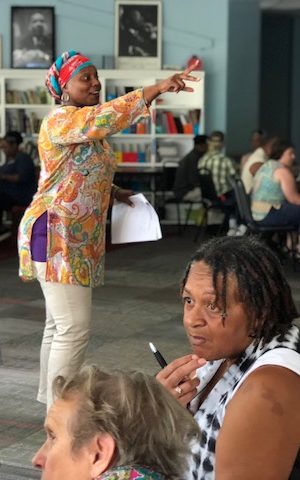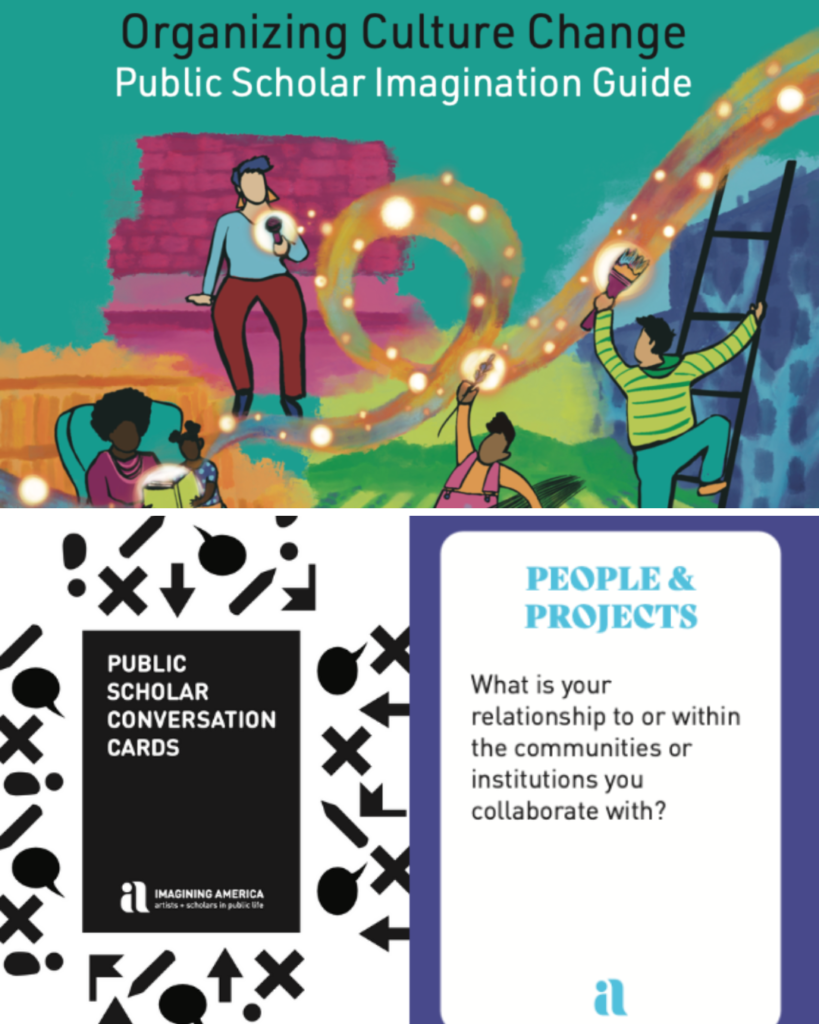
Powerful Conversations on Race
Martin Luther King Center, Indianapolis, IN
Our collective inability to talk with each other about the history of race and racism, what it means, and how it impacts our daily lives, is one of the most urgent issues of American life. “Powerful Conversations on Race” (PCR) (www.racedialogues.org) was a successful discussion series designed and implemented in collaboration with 21 community-based, volunteer facilitators under the auspices of Spirit & Place (www. spiritandplace.org), part of the IU School of Liberal Arts at IUPUI, Indianapolis, Indiana.
Grounded in the Civic Reflection Dialogue (CRD) facilitation method pioneered by Elizabeth Lynn at Valparaiso University, PCR utilized artworks, humanities-based texts, and other media to create space for public reflection and dialogue on this difficult topic. The series, which launched in 2017 and continued through 2018, was built around the book Charleston Syllabus: Readings on Race, Racism and Racial Violence (Williams, Williams, Blain, 2016) and other source materials to catalyze community conversation around race.
- Goals
The goals of the series were to:
1. Create conversational space for residents to unpack difficult racial histories in the U.S, understand the contemporary relevance of these histories, and build confidence in carrying this newly acquired knowledge and dialogue skills back into their individual and community life.
2. Build community capacity to host additional community-based discussions around race and/or other critical civic topics.
3. Anchor the work in the values of community access and ownership.
4. Nourish the local ecosystem of race-centered work by offering a unique, conversation-centered practice.
5. Leverage and highlight the role of the arts and humanities as valuable instruments for civic learning and community building. - Service Learning & Community Engagement Pedagogy
REFLECTION PRACTICES:
The CRD methodology provided a strong format for reflective and conversational practices.
• Participants collectively share (aloud) an evocative work such as a poem, historic document, piece of literature, or artwork/media.
• A structured questioning method encourages participants to dig deep by asking questions of clarification, interpretation, and implication.
• When the conversation veers off, the facilitator guides it back to the shared material, where the conversation remains rooted.
CIVIC RESPONSIBILITY:
• Rooting the conversations in historic materials reminds participants of the contemporary importance of learning about and grappling together with unpleasant and complex histories and how those histories impact contemporary society.
• The CRD method develops stronger commitments to civic life, enhances ability to understand diverse perspectives, strengthens community networks, and improves critical thinking, active listening, among others.
COLLABORATIVE PROBLEM SOLVING:
• PCR was co-created and executed in collaboration with 21 community facilitators who represented diverse sectors, e.g. higher education, social service, and more.
• Facilitator pairs (always one white and one person of color) worked collaboratively to select specific readings/materials and independently designed their own sessions within the CRD framework.
Surveyed participants reported that their views on race had shifted with 39{0fde135d184983bde488dca5b2ae9c32b8b1db82e16852711f56d352842363dc} reporting “a lot,” 35{0fde135d184983bde488dca5b2ae9c32b8b1db82e16852711f56d352842363dc} reporting “a moderate amount,” 17{0fde135d184983bde488dca5b2ae9c32b8b1db82e16852711f56d352842363dc} reporting “a great deal,” and 9{0fde135d184983bde488dca5b2ae9c32b8b1db82e16852711f56d352842363dc} reporting “a little.” Surveyed participants also reported on other impacts with 37{0fde135d184983bde488dca5b2ae9c32b8b1db82e16852711f56d352842363dc} reporting they sought out additional information, 31{0fde135d184983bde488dca5b2ae9c32b8b1db82e16852711f56d352842363dc} reporting their actions were influenced by PCR, 19{0fde135d184983bde488dca5b2ae9c32b8b1db82e16852711f56d352842363dc} reporting that they shared conversation materials with others, and 13{0fde135d184983bde488dca5b2ae9c32b8b1db82e16852711f56d352842363dc} reporting that they made valuable connections with other participants.
Student/Participant Experience
The following per the Project on Civic Reflection:
CIVIC ENGAGEMENT: Reflection and dialogue help individuals better understand the complexities of civic work and their own purpose in relation to public service. Through exposure to civic reflection, individuals develop a stronger commitment to civic life.
LEADERSHIP DEVELOPMENT: In addition to the development of skills such as facilitation and critical thinking, individuals develop a number of leadership qualities through civic reflection discussions. These qualities include the ability to understand diverse perspectives, build relationships across difference and clearly articulate one’s own thoughts and beliefs.
DIALOGUE ACROSS DIFFERENCES: Civic reflection can have a profound impact on how people talk across difference. Civic reflection conversations often provide a deeper understanding of one’s own choices and values, and a forum to better understand the diverse perspectives of others.
COMMUNITY DEVELOPMENT: Civic reflection engages diverse people in meaningful conversations, helping them to understand themselves and their communities. This leads to strengthened community relationships and deepened networks within and across communities.
RETENTION AND SUSTAINABILITY: Groups practicing ongoing civic reflection have experienced increased retention and renewal rates, deepened volunteer commitment, and strengthened relationships with staff, volunteers, and the communities they serve. Civic reflection reminds people why they do what they do and makes their work more sustainable in the process.
SKILL-BUILDING: The practice of civic reflection helps individuals build tangible skills that translate directly to increased effectiveness at work and improved relationships through service. From critical thinking and analysis, to active listening and facilitation skills, a broad skill-set is developed through civic reflection trainings and discussions. - Community Experience
COMMUNITY CAPACITY
• Facilitators trained in CRD are now using these skills in other environments. For example: (1) a PCR facilitator has trained local artists how to use CRD to manage community dialogue for an upcoming event, (2) another facilitator has used the experience to launch a variety race-based discussion built around books for a variety of community institutions.
• According to the Center for Civic Reflection, CRD helps participants understand themselves and their communities, leading to strengthened relationships and deepened networks within and across communities.
LINKING COMMUNITY AND CAMPUS
PCR resulted at the confluence of campus and community partnerships. Spirit & Place was introduced to Professor Keisha Blaine (co-editor of The Charleston Syllabus) through the Trailblazers program of the IUB / IUPUI Graduate Mentoring Center. We assisted the Mentoring Center in organizing community discussions around Blaine’s work. We found her work powerful and continued to maintain communication with her.
We had also developed a multi-dimensional relationship with Child Advocates, a social service agency. Child Advocates has offered Undoing Racism workshops in Central Indiana for 8+ years, which has led to more than 6,500 residents of Central Indiana to examine racism from a historical, systemic, and personal perspective. Powerful Conversations on Race is the result of bringing these two worlds together and utilizing a framework for community discussions we had developed in partnership with Kheprw Institute, a grassroots, youth empowerment organization. During 2016 and 2017, we partnered with Kheprw Institute to host monthly conversations on gentrification and equity issues. These series were extremely popular and we used them as a model for how to move PCR forward. - Faculty/Staff Experience
• All staff and volunteer facilitators have benefited greatly from the 2-day Civic Reflection Dialogue training. The training included a special focus on race-based conversations and all had the opportunity to practice those skills prior to facilitating community discussions.
• Facilitator debriefs were held after each community discussion. This included those facilitating that day and those simply attending. This provided a quick cycle of reflection, learning, and support for facilitators.
• A Spirit & Place staff member is using CRD for a book group in her neighborhood that is reading Waking Up White.
• Child Advocates’ Undoing Racism training sessions now include a handout about the PCR series, and it is recommended as a next step for activating their learning and developing vital conversational skills around race. - Institutional Priority
Spirit & Place has a 24-year history of bringing people together to explore important ideas and issues through conversation, collaboration, and creativity. Powerful Conversations on Race clearly aligns with this history, as well as our mission to catalyze civic engagement through creative collaborations among the arts, humanities and religion. We also support the missions of the School of Liberal Arts and the campus by demonstrating how the arts and humanities are critical, community-building tools for civic life. Also, PCR has advanced Spirit & Place’s role as an important civic resource for grappling with complex and difficult conversations. The Central Indiana Community Foundation, which has recently added fighting systemic racism to their mission statement, invited us to become an “investment partner,” which would secure funding (outside the competitive process) to continue PCR for 3-5 years. They are also sponsoring our annual festival’s keynote event this November, which features Nikole Hannah-Jones, lead journalist for the NY Times 1619 Project. - Future Goals
Spirit & Place is an emergent strategy. This means that we are fundamentally relational, adaptive, interdependent, decentralized, fractal, and transformative in the ways that we work.
As such, we strive for sustainability as it relates to impact, increased civic capacity, strength of community ownership, and program adaptation in other environments (by others), rather than the continuation of specific program models within Spirit & Place. Our role is to create the crucibles that activate individual transformation and spark new community-centric variations that strengthen communities.
Pending external funding, our goals for Powerful Conversations on Race over the next five years are as follows:
1. TRAINING: Train up to 100 facilitators in the CRD methodology (specific to race), conduct a train-the-trainer program so that we can continue teaching CRD skills in our community and continuously offer CRD training for years to come, infusing the community with skilled individuals who can use these techniques to explore race and other social justice and equity issues in diverse environments.
2. CONVERSATIONS: Repeat the PCR series locally for 4 years and experiment with new formats, as requested by the community. Our surveys show community interest in a series for families with children, a series on whiteness/white privilege, among others.
3. Explore the creation and distribution of free tool kits and best practice guidelines, as well as a need-based and tiered fee-for-service consulting service (delivered by S&P and/or community facilitators), to help diverse organizations and communities adapt the “Powerful Conversations on Race” model using equitable community engagement practices.
4. Conclude the work at the end of five years.


